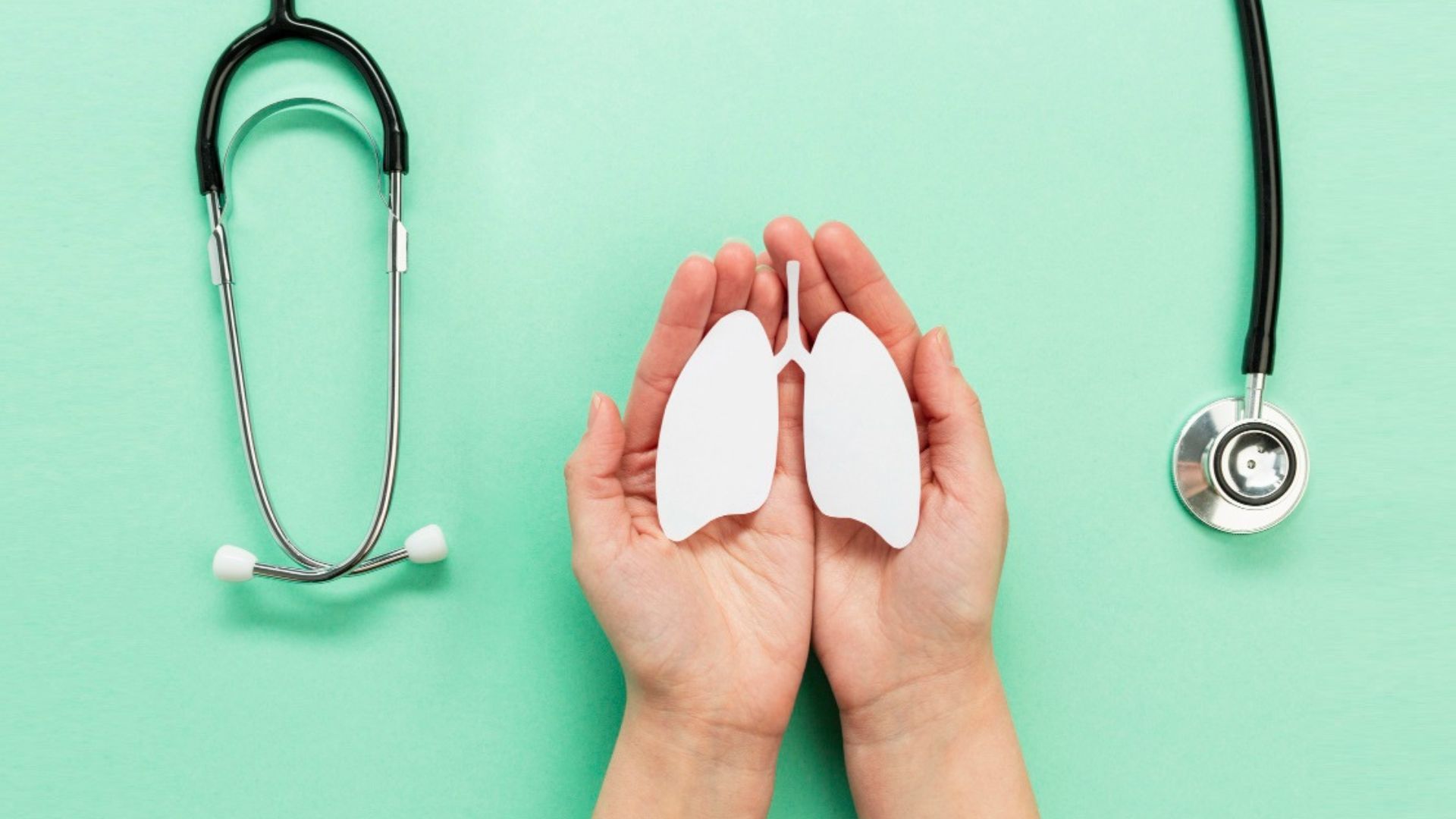

What are the hidden signs of lung cancer?
Lung cancer is one of the leading causes of cancer mortality worldwide. What is most imagined to be its origin—thorny coughs and excessive smoking—is actually less likely to be true. Indeed, its quiet symptoms are hard to discern in its early stages. That is why it is sometimes diagnosed later, so it is important to get to know its hidden signs.
Let’s talk about the less well-known signs of lung cancer below so that you can detect them early and seek immediate medical advice.
1. Chronic Fatigue
Feeling tired from time to time is normal, but lung cancer-related fatigue is different. It’s constant and doesn’t improve with rest. This happens because cancer can use up the body’s energy and cause changes in the way your body processes nutrients. If you’ve been unusually tired for weeks without an obvious reason, it’s worth checking in with your doctor.
2. Unexplained Weight Loss
Losing weight without trying can be a warning sign of several health issues, including lung cancer. Cancer cells can alter the body’s metabolism, leading to rapid weight loss even if your diet and activity levels haven’t changed. If you’ve lost more than 5% of your body weight in a short time without any lifestyle changes, it should not be ignored.
3. Shortness of Breath with Mild Activity
It’s normal to be out of breath after strenuous exercise, but if you have trouble breathing when performing everyday activities—such as climbing a flight of steps or shopping for groceries with a basket—it may be a sign of lung issues. In lung cancer, tumors may obstruct airways or lead to fluid accumulation within the chest, which will complicate breathing.
4. Hoarseness or Voice Changes
If your voice has become hoarser, raspy, or weaker over a period of time and persists for over two weeks, it may be because lung cancer is impairing the nerves governing the vocal cords. Although colds and allergies can result in similar complaints, persistent voice change must be examined by a doctor.
5. Chronic Cough That Changes
A chronic cough lasting longer than eight weeks is something to be concerned about—particularly if it’s a smoker’s cough that is getting steadily worse, changes in voice, or becomes bloody sputum. Others brush off chronic cough as aging or air pollution but it can also be an early warning sign.
6. Chest Pain or Discomfort
Not everything that hurts the chest is of the heart. Tumors in lung cancer can squeeze nerves or inflame the lining of the lung, producing sharp or dull hurting. Pain becomes worse with deep breathing, laughing, or coughing. Pain also radiates to the shoulder, back, or arm.
7. Frequent Respiratory Infections
Recurring bronchitis, pneumonia, or other respiratory infections could be a sign of lung cancer. Tumors can block air passages, creating an environment for bacteria to grow and cause repeated infections. If you’ve been treated for multiple infections in a short time, further investigation is important.
8. Swelling in the Face or Neck
Lung cancer that arises near the top surface of the lungs can compress the superior vena cava, a large vein that returns blood from the upper part of the body and sends it back to the heart. Compression from this will result in noticeable swelling of the face, neck, and even arms, with or without prominent enlarged veins in the chest region.
9. Bone Pain
If lung cancer has spread to the bones, persistent back, hip, or rib pain can occur. Pain is worse at night or when lying down. Don’t think bone pain results from strain or injury—particularly if it does not improve with rest.
10. Clubbing of Fingers
Clubbing refers to changes in the shape of your fingertips and nails, the tip enlarges and curves downward. Clubbing can happen if lung cancer disrupts blood oxygen. It’s an uncommon occurrence, but a sure sign not to be overlooked.
Why These Signs Are Often Missed
The danger of such painless symptoms is that they are too commonly confused with more benign complaints—such as asthma, allergies, age, or smoking side effects. People will wait until symptoms become severe before consulting with their doctor, potentially letting the disease advance.
When to See a Doctor
You need to see a doctor if:
- You have a persistent cough or changes in a chronic cough.
- You experience unexplained weight loss or persistent tiredness.
- Shortness of breath or chest pain that alters over time for no good reason.
- You keep having lung or airway infections.
Early diagnosis significantly improves the likelihood of successful treatment, so better early checkup than late.
Final Words
Lung cancer doesn’t always come with dramatic symptoms. It more often gets you by stealth, so it’s crucial to listen to your body—particularly if you have risk factors such as smoking, exposure to secondhand smoke, or decades of being around chemicals.
It’s learning about these early warning signs and responding quickly that could save your life. If something doesn’t feel right for a very long time, don’t just brush it off—get an appointment.

